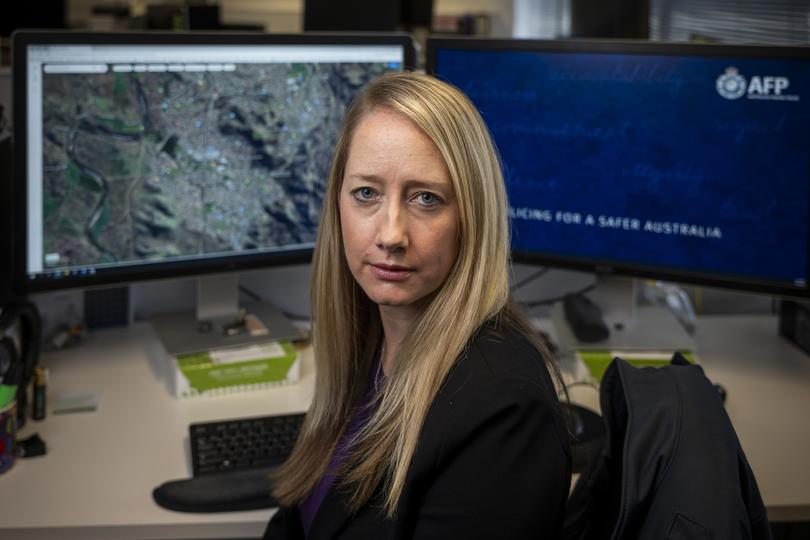Editorial: Child safety heroes need tougher laws to help them catch predators
Kirsty Clarke is a hero. So are her co-workers, who spend their days scrutinising minute details of child exploitation material, searching for anything that could help them identify the child being abused.

Kirsty Clarke is a hero.
So are her small handful of co-workers, who spend their days scrutinising minute details of child exploitation material, searching for something — anything — that could help them identify the child being abused.
Power outlets are one way. Clothing. Food items that might be visible in the shot. Anything that could give them some clue as to where in the world the child is located, so they can get help to them.
Sign up to The Nightly's newsletters.
Get the first look at the digital newspaper, curated daily stories and breaking headlines delivered to your inbox.
By continuing you agree to our Terms and Privacy Policy.It’s fortunate that being able to focus on these small details can help distract Ms Clarke’s mind from the other things happening in the image or video in front of her.
Unspeakable, indescribable abuse of vulnerable children, from infants through to teenagers.

It’s hard to think of a more taxing, important job — willing to expose oneself to such dreadful material.
What keeps her and the other members of her small team — who, like Ms Clarke, are mostly mothers — going is the hope that doing so might allow them to save a child from further harm.
While the toll the work takes is enormous, so is the payoff.
Ms Clarke told reporter Kristin Shorten of one successful operation in which she worked with partner agencies around the globe to identify a prepubescent girl shown in a video being attacked in a stairwell. One of those international agencies was able to identify the apartment block in which the attack occurred, eventually leading to the girl’s rescue and the attacker’s arrest.
Unfortunately, there are many, many more victims out there, all around the globe.
Last financial year, the Australian Federal Police received more than 40,000 reports about online child exploitation material.
In 2022, the National Centre for Missing and Exploited Children — a global reporting system for the exploitation of children — received 32 million reports of child sexual exploitation and abuse. Much of the traffic to this material comes via social media platforms.
More than 21 million and 5 million reports were about material on Mark Zuckerberg’s Facebook and Instagram respectively.
Against such mind-boggling numbers, the impact of Ms Clarke and her team may seem minimal. But like the fable of the starfish, they certainly made a difference in the lives of the few they are able to save from further harm.
They need more tools though, to make a difference to more lives and to put more paedophiles behind bars.
We need stronger laws designed to hold those tech companies used by these child abuse rings to host and share their depraved material to account. At the moment, these companies appear to feel free to ignore the directions of law enforcement agencies and make little effort to halt the flow of abusive material on their platforms.
An ongoing lawsuit in New Mexico revealed a description of a conversation between two Meta employees in which one described child safety as an “explicit non-goal” of the company.
Such arrogance, and disregard for the wellbeing of vulnerable children, cannot continue.
Responsibility for the editorial comment is taken by The Nightly Editor-in-Chief Anthony De Ceglie.
